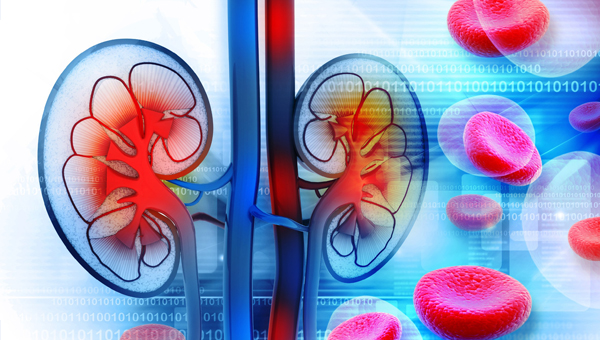Renasight is a test to determine if there is a genetic cause for an individual's kidney disease or if there is an increased hereditary risk due to family history. The test uses a blood or saliva sample to test 385 genes associated with chronic kidney disease.

Your kidneys are part of your urinary system. The two kidneys sit in the back of your abdomen just below your ribcage. They help your body filter waste materials and expel them as urine.
Your kidneys are also vital for producing:
Copyright © 2023 All Right Reserved. Bio Healthcare Networks.